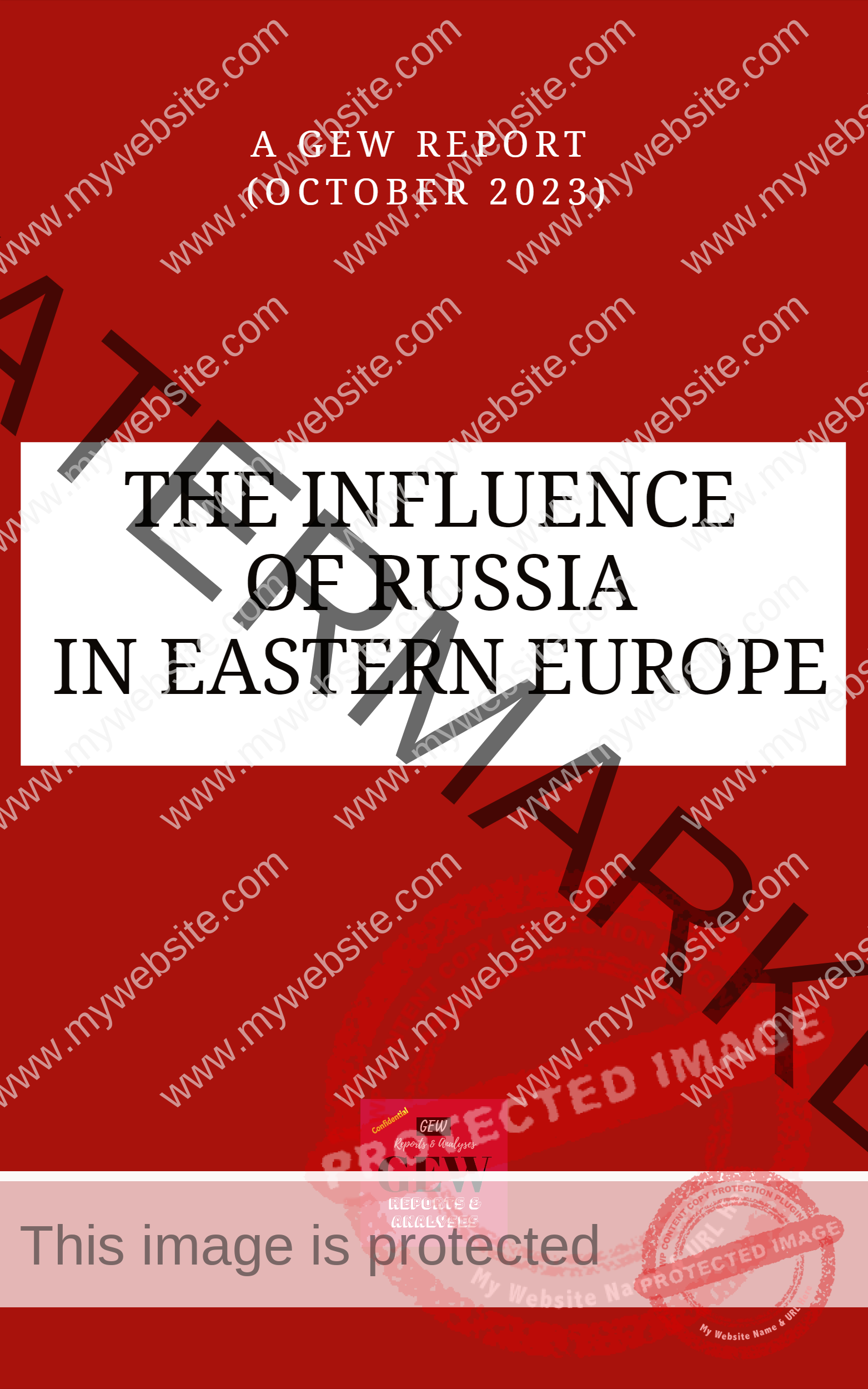GEW Assessment Report
This report aims to present an overview of the subject at hand, emphasising significant topics.
Abstract
This report looks at the numerous elements contributing to the current Israeli-Palestinian conflict. Major historical events, geopolitical situations, and socio-cultural factors led to the war\’s persistence. This assessment is based on a multidisciplinary framework incorporating historical perspectives, geopolitical analysis, and social science approaches to understand complex conditions comprehensively.
*********
The Israeli-Palestinian conflict has been a prominent issue in Middle Eastern affairs for over seventy years. The competition is complex, comprising geographical disputes and religious, ethnic, and cultural elements. Despite Israel\’s remarkable military prowess and technological advances, the Palestinian cause remains a tremendous obstacle that Israel cannot easily defeat. The purpose of this report is to investigate the fundamental causes of this phenomenon. The historical context around the subject is critical to comprehensively appreciate and analyse its significance. Examining the historical context might help one better grasp the British Mandate and Partition related to crucial historical events in Palestine in the early twentieth century.
The League of Nations established the British Mandate in 1922.
The conflict\’s origins may be traced back to the late nineteenth and early twentieth centuries when Zionist organisations battled to construct a Jewish state in Palestine, which was then under the jurisdiction of the Ottoman Empire. The Balfour Declaration of 1917 and the subsequent British Mandate for Palestine added complexities by promising to establish a \”national home for the Jewish people\” while recognising pre-existing non-Jewish populations\’ civil and religious rights (Smith, 2013).
The Arab-Israeli War of 1948 and Its Aftermath
The United Nations Partition Plan of 1947 aimed to demarcate discrete territories for Jewish and Arab states, but it was met with Arab country opposition, resulting in its rejection. The 1948 Arab-Israeli War resulted in the establishment of the State of Israel and the forced displacement of around 700,000 Palestinians, which became known as the Nakba, which means \”catastrophe\” in Arabic (Morris, 2008).
Geopolitical issues and their repercussions.
Asymmetrical power dynamics are circumstances in which power is unequally allocated among states or groups. In such cases, one party has a higher degree of authority.
Israel benefits from strong alliances, such as its close relationship with the United States, providing significant military, economic, and diplomatic support. Despite this disparity in force, Israel has challenges in achieving a definitive \”victory\” over the Palestinians for a variety of reasons:
1. The First and Second Intifadas revealed Palestinian civil society\’s continuing resilience, exemplifying grassroots resistance (Tessler, 2009).
2. Regional Politics: While Arab states may not directly support Palestinians, their public views, hostile to Zionism and responsive and solidary with Palestinian plight, impact state-level attitudes towards Israel. That is why without a real solution for the Palestinian people ( i.e. a sovereign independent state on the territories of the pre-1967 war: which the UN designed in 1947 as territories for the Palestinian state), no peace agreement between Israel and the Arabs, Palestinians included, will survive.
3. International Support for the Palestinian Cause: The Palestinian situation is of global concern and any drastic measures adopted against Palestinians risk provoking international condemnation. The subject at hand is about religious elements.
Religious Dimensions
As one of the most hallowed sites in the Islamic faith, the Al-Aqsa Mosque in Jerusalem carries enormous religious significance. The accusation that Israel intends to \”destroy\” the mosque is highly emotive. Nonetheless, the subject\’s inherent sensitivity makes it a potential catalyst capable of activating Muslim communities on a global scale (Said, 2000).
Social Scientific Perspectives
Identity and Narratives
Social scientific perspectives are the theoretical frameworks and procedures used in social sciences to research and assess numerous elements of human society. These perspectives seek to comprehend the conversation, focusing on identity and narratives.
Israelis and Palestinians have strong beliefs about their right to the land, usually reinforced by religious and historical explanations (Bar-Tal, 2007). This issue makes it difficult to achieve a compromise.
The Role of the Diaspora and Global Muslim Community
The Palestinian diaspora and the global Muslim population, which is usually projected to exceed 1.9 billion people, significantly impact shaping viewpoints and governmental actions. Although not everyone is actively involved in the conflict, a sizable number of people have the power to influence their own governments and international organisations (Esposito, 2004).
Conclusion
The Israeli-Palestinian conflict is multidimensional, defying simple settlements or the notion of a clear victory for either side. Resolution is a protracted and challenging process because of the issue\’s profound interplay with historical, geopolitical, and social aspects. Yet, it has the potential to explode the region and beyond.
References
– Bar-Tal, D. (2007). Sociopsychological Foundations of Intractable Conflicts. *American Behavioral Scientist*, 50(11), 1430–1453.
– Esposito, J. L. (2004). *What everyone needs to know about Islam*. Oxford University Press.
– Morris, B. (2008). 1948: *A history of the first Arab-Israeli war*. Yale University Press.
– Said, E. (2000). *The End of the Peace Process: Oslo and After*. Pantheon.
– Smith, C. D. (2013). *Palestine and the Arab-Israeli Conflict*. Bedford/St. Martin’s.
– Tessler, M. (2009). *A History of the Israeli-Palestinian conflict* (2nd ed.). Indiana University Press.


